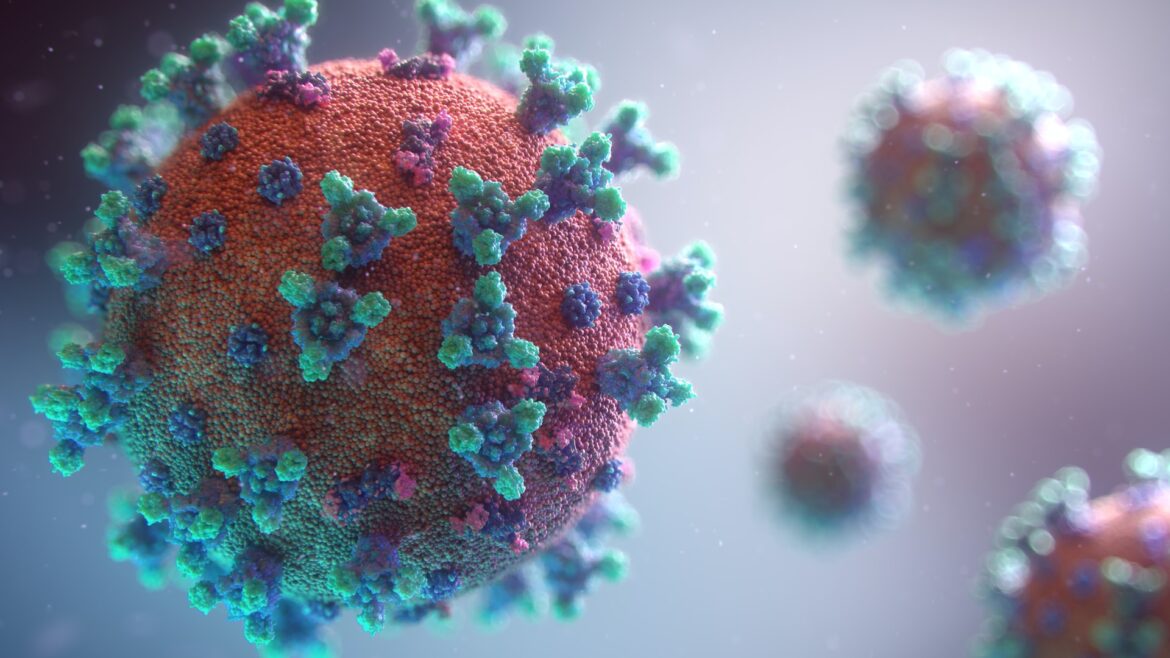When to Get a COVID Test After Exposure: A Quick Guide
One study found that over 50% of transmission of the COVID-19 virus was through asymptomatic or pre-symptomatic cases. This data shows that knowing when to get a COVID-19 test is essential in preventing the spread of the virus.
In this article, we discuss when to get a COVID test after exposure. This is the first step in how to know if you have COVID. Continue reading if you want to stay healthy and prevent the spread of COVID-19.
Importance of the Exposure Timeline
Once you’ve been exposed, your first question is probably, “When do I need a COVID test?” This is the right question, but it’s important to understand the importance of the exposure timeline to minimize the risk of spreading the virus.
Getting a test too soon after exposure may result in a false negative. Even if you never experience symptoms, you could be unknowingly spreading the virus to immunocompromised individuals. It can also delay your treatment if you become sick.
When to Get a COVID Test After Exposure
The key to knowing when to get a COVID test after exposure is viewing the process as a timeline of events instead of a specific number. Testing at the right time is the first part of ‘how to know if you have COVID.’
Contact With Virus
While being told you’ve been exposed to the COVID-19 virus is scary, it’s better than being exposed unknowingly. With the knowledge of exposure comes the ability to take action. It helps keep you and your loved ones safe.
When to get a COVID test depends on your exposure date. In some cases, there may have been a delay in notifying you of the exposure. This means that once you find out you’ve been exposed, look at the calendar and try to determine the exact day.
Schedule COVID Test
Once you’ve determined your exposure date, you can schedule your COVID test. You have the choice between scheduling a PCR test or a rapid antigen test. You can seek these tests with your local urgent care.
While a PCR test takes longer, it can also identify smaller quantities of the virus. A rapid antigen test can get you results sooner, which can be ideal for those needing fast results.
Quarantine Until Results
After taking your test, you should quarantine in your home until you receive your test results. This includes going to work, running errands, or leaving your room if you live with other people.
Vaccinated vs. Unvaccinated
The true deciding factor for when to get a test for COVID is your vaccination status. As of November 2021, the CDC recommends that unvaccinated individuals seek COVID testing between 24 and 72 hours after exposure.
The soonest you might be able to test positive is within 24 to 48 hours after exposure. However, some facilities may only allow testing after 48 hours.
If you’re vaccinated against the COVID-19 virus, the CDC recommends seeking testing after 5 to 7 days.
Knowing When to Get a COVID Test After Exposure
Knowing when to get a COVID test after exposure can help prevent the spread of the virus. Whether you’re an immunocompromised person or not, limiting the spread of the virus is important. Consider your vaccination status and talk to your local urgent care to schedule.
For more helpful guides, tips, and recommendations, visit our blog.




